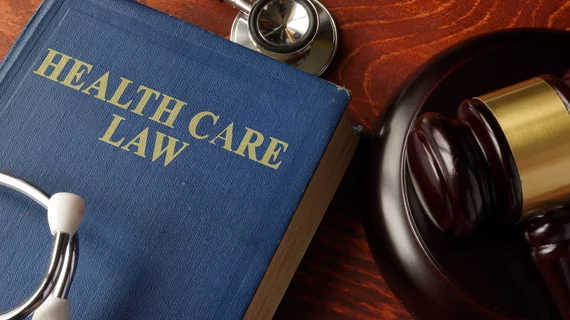Hospital promises change after physician reads wrong CT scans, leading to 28-year-old patient’s death
A U.K. hospital is promising change after its provider accidentally read the wrong CT scans, leading to a 28-year-old patient’s improper discharge and eventual death, according to reports published Monday.
It was back on March 12, 2019, when Lucas Allard visited Queen Elizabeth Hospital, presenting with severe chest pain. Providers gathered chest scans, which showed no abnormalities. However, the King’s Lynn, Norfolk-based institution realized after releasing the patient that physician Masud Isham had looked at the wrong images, Lynn News and others reported.
Allard died on March 15 from a ruptured aortic aneurysm as a result of his Marfan syndrome—a genetic order that affects connective tissue.
A judicial inquiry heard this week that Isham had copied and pasted the wrong scan onto his computer, the report noted. Consulting radiologist Jason Smith made the second read and caught the mistake, and Allard returned to the hospital March 14 and was due for surgery to address the issue. But he suffered a heart attack while being transferred to his bed.
Smith said during the inquiry that the hospital is now in the process of purchasing a new PACS system that will reduce some unnecessary manual steps. He added that the mistake may have been avoided if Isham checked the date on the scan. Read more on how QEH is addressing the incident below.

